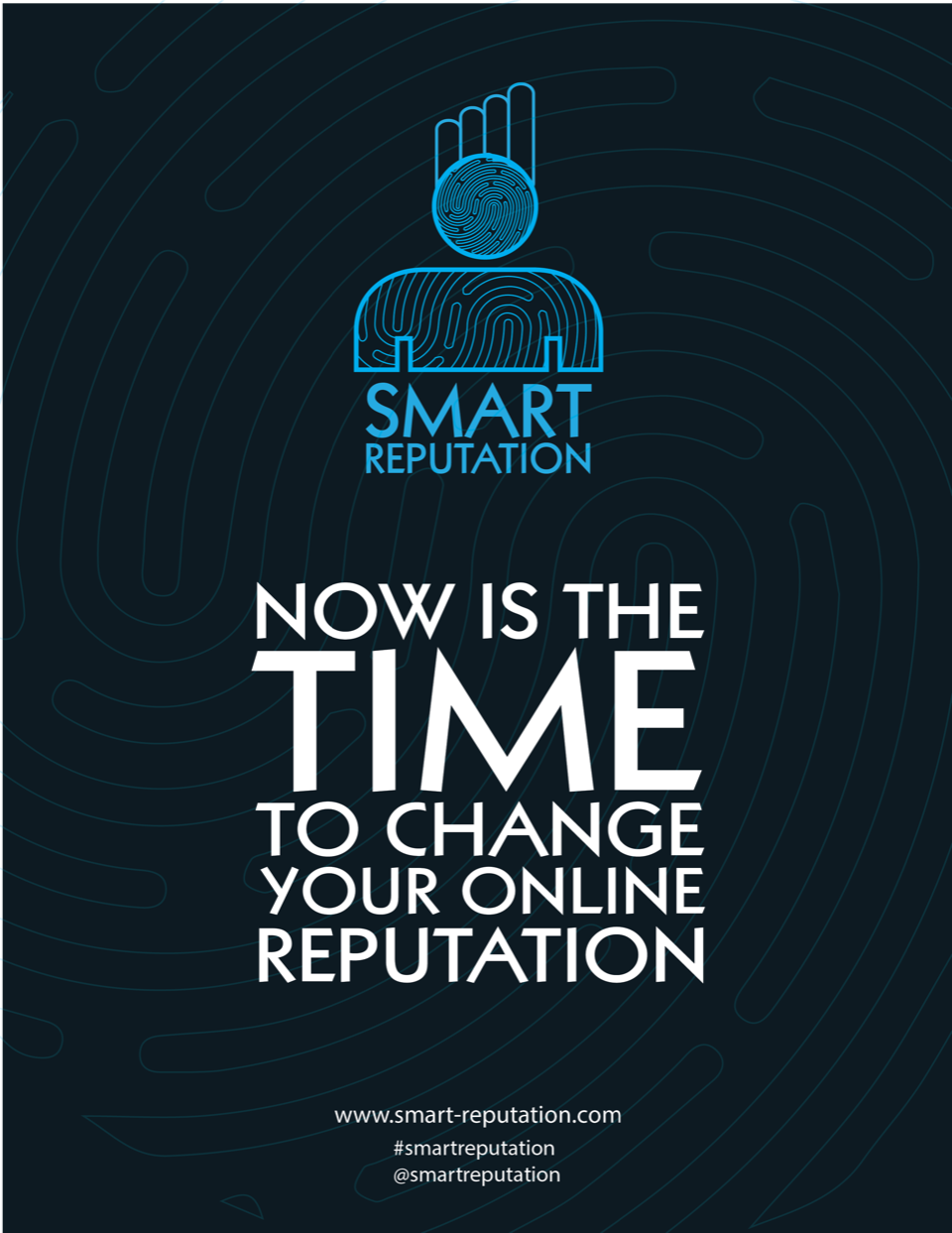False accusations from government-affiliated media, mostly driven by political interests.

In recent months, numerous Venezuelans have reported long delays in immigration processes when attempting to enter Norway and Sweden, whether as tourists, in transit, or in residency procedures. One of the reasons that has started to gain traction is that immigration authorities in these countries are using the Google search engine to verify the online reputation of Venezuelan citizens before allowing their entry.
The increasing reliance on information circulating on the Internet has led immigration offices to implement additional verification processes that go beyond simple document reviews or personal interviews. According to testimonies collected from news portals and social media, several Venezuelans have been detained for hours while their names are verified online, resulting in a sort of "digital file" that authorities directly confront the traveler with.
This situation has revealed a concerning phenomenon: the online reputation of Venezuelans can become a barrier to migration, transit, and integration into new countries. Even when the accusations found online are false, outdated, or malicious, the impact can be immediate, and the personal and professional consequences can be devastating.
Online Reputation: A Digital Passport in the Global Era
In the digital era, a person’s name can open or close doors. It doesn’t matter whether it’s for job hunting, renting a house, doing business, or crossing a border: information on the Internet has become the new reference document.
Venezuelans have been particularly affected by this trend due to the volume of negative or defamatory information circulating online, often driven by political factors or extortion networks that have found the Internet to be an effective channel for discrediting individuals.
It is important to highlight that a person’s online reputation is not only made up of their posts on social media, blogs, or personal websites. Google’s algorithm collects information from various sources, including media outlets, forums, public databases, and sites that in many cases users themselves are unaware of. This means that even if a person has maintained impeccable behavior, they could still be involved in negative online content without even knowing it.
Common Cases of Compromised Reputation
The immigration authorities of Norway and Sweden have increased their control measures over the online information of those seeking to enter these countries. Some of the most common situations that compromise the online reputation of Venezuelans include:
False accusations from government-affiliated media, mostly driven by political interests.
Old charges for minor crimes that, although resolved or acquitted, are still indexed in search engines.
News related to namesakes that directly affect innocent third parties.
Malicious posts on social media and blogs, often originating from extortion networks or personal revenge.
Reports from international media on financial or political scandals involving matching names or identity errors.
The Silent Impact of False and Outdated News
The problem of online reputation goes beyond immigration. The same situation repeats itself when a person seeks employment, rents a home, or makes an investment abroad. It is becoming more and more common for employers, property owners, banks, or potential partners to "google" their candidates before closing any deal.
Overexposure to negative information, whether true or not, can shape a person’s future. In some cases, the publication of a single article is enough to close doors to job, academic, and personal opportunities for years.
How to Recover Online Reputation
Fortunately, there are specialized tools and services that allow monitoring and cleaning digital reputation. One of these solutions is Smart Reputation (www.smart-reputation.com), a service based in the United States that allows users to assess the health of their online reputation for free.
Through its mobile app for iOS and Android, Smart Reputation offers a detailed diagnosis of the results affecting a user’s digital presence and designs personalized strategies to push negative content down in search engines, thus generating a new positive narrative.
Cleaning online reputation is a process that can take anywhere from 6 months to two years, depending on the severity of the cases and the presence of indexed content on high-traffic sites or media outlets.
Real Reputation Recovery Stories
Smart Reputation has worked with a wide range of cases, including:
Venezuelans politically persecuted whose names have been exposed without evidence in discredit campaigns.
People involved in legal cases that never prospered but whose news continues to circulate.
Health professionals unjustly accused of malpractice.
Athletes seeking to restart their careers after doping accusations.
Victims of extortion networks who spread false information to exert financial pressure.
Financial advisors mentioned in investigations like the Panama Papers without having committed any crime.
Witnesses to crimes whose names were mentioned in the press alongside criminals.
Public figures involved in media scandals who continue to face the consequences, even years later.
The Importance of Taking Immediate Action
Performing a search with your name on Google is the first step in understanding the status of your digital reputation. If you detect compromising information, it is crucial to consult with experts who can provide you with an efficient and professional solution.
The reality is that immigration authorities in Norway, Sweden, and many other countries have started using Google as a pre-assessment mechanism, and it is not enough to have documents in order if your name is linked to negative content on the Internet.
In a world where digital borders are as important as physical ones, maintaining your online reputation is more important than ever. Prevention, monitoring, and maintaining digital identity can make the difference between advancing or remaining stuck in a life opportunity.
For more information, you can consult: Smart Reputation: www.smart-reputation.com WEB24 IT SERVICES LLC: www.web24it.com Twitter: @hernanporrasm
More info:
SEO Keywords: online reputation, Norway migration, Sweden migration, Venezuelans in Europe, smart reputation, digital reputation, reputation management, googling Venezuelans, clean reputation online, immigration issues Norway







